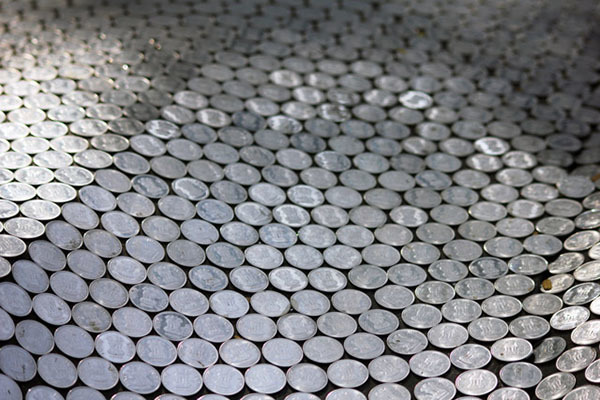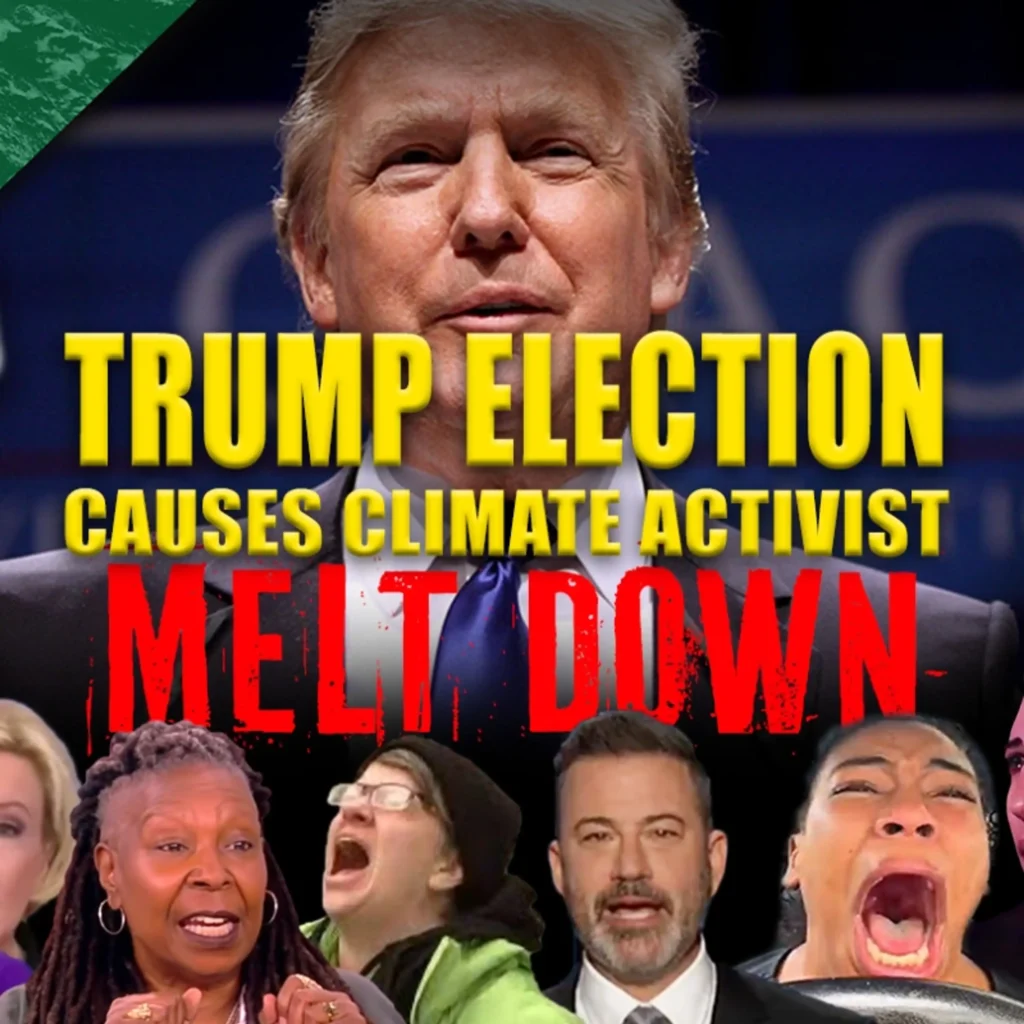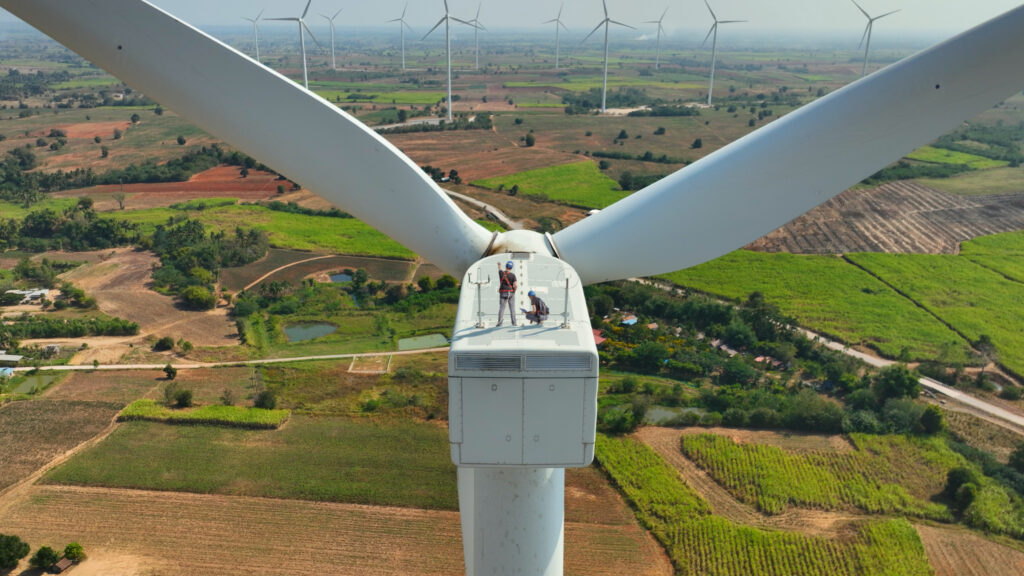Pennsylvania lawmakers and Gov. Tom Wolf (D) are battling over the state’s budget, as legislators refuse to accept the governor’s demand for higher taxes and more spending.
Nathan Benefield, vice president of policy analysis for the Commonwealth Foundation, says Wolf’s proposed tax and spending increases are the largest proposed in the state in four decades.
“Wolf proposed a general fund spending increase—about $2.5 billion—representing a 9 percent increase,” Benefield said. “His total operating budget increase, including all other funds and federal funds, also represents a 9 percent increase. When including additional tax revenue that would not be spent but retained for future spending and property tax rebates, Wolf’s budget increase of $4.6 billion represents a 16 percent increase, … the largest increase since 1974–75.”
Worst in the Nation
Benefield says Wolf is calling for some of the biggest tax hikes in the entire nation.
“[Wolf’s] $4.6 billion tax increase is larger than proposals in any other state—indeed larger than every other governor’s tax [increase] proposal combined, according to the National Association of State Budget Officers,” Benefield said.
“Wolf wants higher taxes—about $4.6 billion next year and $8 billion in 2016–17, the first full year of implementation,” Benefield said. “This includes raising the income tax, raising the sales tax, imposing the sales tax on 45 categories of goods and services currently untaxed. These include diapers and personal care items, day care, nursing home care, home health care, college meal plans, textbooks, prescription drugs, and funeral services.”
Natural Gas Implosion
Jay Ostrich, spokesman for state Rep. Mike Turzai (R-Alleghany), says Wolf’s proposed tax hikes, including a new 5 percent tax on the value of natural gas extracted and other excise taxes, would drive energy companies out of the state.
“He has also demanded an unprecedented, unique … third tier of taxation upon natural gas drillers, who have been the only consistent industry creating jobs here in Pennsylvania,” Ostrich said. “This punitive tax would make Pennsylvania the most unfriendly and onerous [state toward] the industry, and thus act as a de facto moratorium.”
Mark Ramsey ([email protected]) writes from Houston, Texas.




